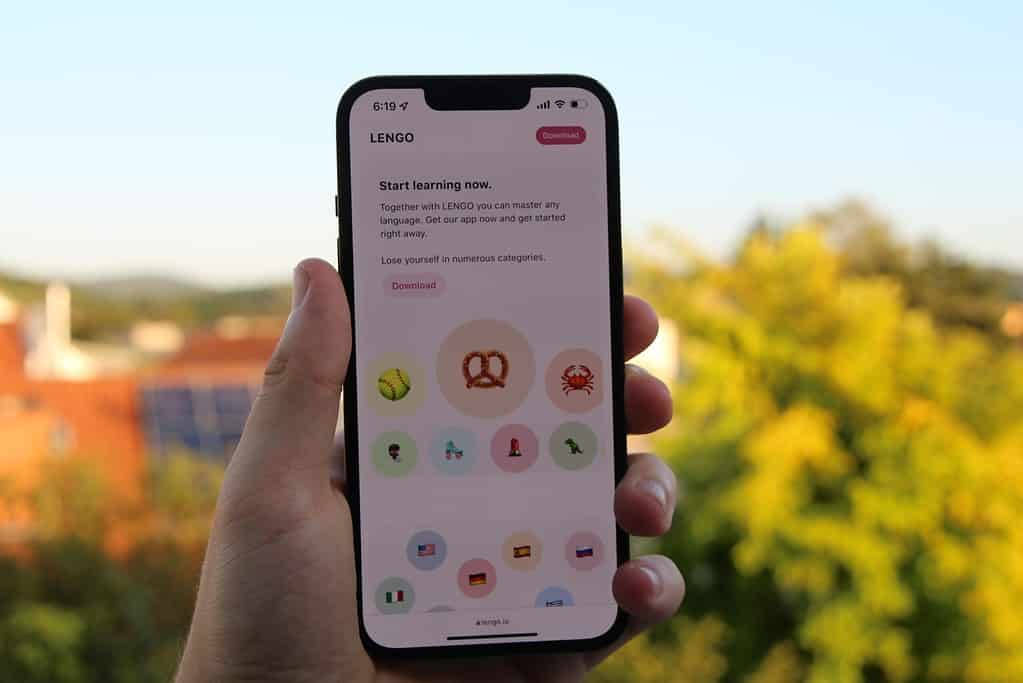Introduction to French Slang
French slang is more than a collection of quirky expressions; it’s a window into the soul of modern French culture. Rather than sticking solely to textbook vocabulary, dipping into slang allows you to experience the language as it is spoken day-to-day by locals. Whether you’re ordering a coffee, chatting with new friends, or even swapping stories on a video exchange platform like French Conversation Exchange: Boost Your Language Skills Today, understanding slang can bridge the gap between formal learning and real, vibrant conversation.
This guide will walk you through the essentials of French slang—from the fascinating art of verlan, a playful method that reverses syllables, to popular expressions that pepper everyday dialogue. Embracing these terms not only enriches your lexicon but also equips you with the confidence to blend in with native speakers.
Why Slang is Important for Language Learners
Language is dynamic, and no language is complete without its informal side. For learners, slang offers essential insights into colloquial speech and the ever-evolving expressions that shape social interactions. Incorporating slang into your vocabulary can help you understand jokes, appreciate nuances, and quickly adapt to conversational French as it is naturally spoken.
Each slang term comes with a cultural context that textbooks often overlook. For example, knowing when to use an expression like “laisse tomber” instead of its more formal counterparts can mark the difference between sounding stilted and relaxed. Such cultural literacy also makes it easier to decipher media like French podcasts or movies—resources that complement your study, as seen in guides on Mastering Everyday Conversation in French Language: Tips and Techniques.
Popular French Slang Terms and Their Meanings
A few standout slang expressions illustrate the playful nature of French. One captivating example is verlan—a clever linguistic technique that reverses syllables in words. For instance, “meuf,” which inverts the word “femme” (woman), is commonly used in casual conversation. When hearing “C’est qui cette meuf ?”, native speakers are not questioning your command of French but rather expecting a dash of urban flair. Similarly, “ouf” is derived by swapping the syllables in “fou” (crazy) to describe something extraordinarily cool, as in, “Ce concert était ouf !” Another popular term is “chelou,” an inversion of “louche” (shady), which encapsulates the idea of something or someone appearing suspicious.
Other slang words blend seamlessly into everyday dialogue. “Kiffer,” originally stemming from Arabic influences, means to really enjoy something. When a friend exclaims, “Je kiffe cette chanson,” they are simply expressing their love for the tune. The word “pote” casually refers to a friend; it’s as friendly as calling someone “buddy.” Even work-related language gets a slang twist with “bosser,” the informal way to say “to work.” Finally, phrases like “laisse tomber” (literally “let it fall”) are an easy-going way to dismiss minor troubles. These expressions, along with nuanced phrases like “je suis crevé(e)” to signal exhaustion, provide essential tools to sound natural and fluent.
For further understanding of these popular terms, check out detailed explanations on verlan at Duolingo’s blog and explore additional slang terms through resources at CIA-France and Sewayou.
Contexts and Situations to Use French Slang
Using slang effectively demands a keen sense of timing and context. Slang is most appropriate in relaxed settings where the tone is informal, such as when socializing with friends or engaging with peers on language exchange platforms. In these situations, using terms like “kiffer” or “bosser” can foster a sense of camaraderie and shared cultural identity.
However, inappropriate use of slang in formal contexts can lead to misunderstandings or even offend. For instance, in professional or academic settings, it’s best to stick with standard French to maintain clarity and respect. Additionally, attention must be given to potential cultural sensitivities. Some slang expressions may have lingering associations or double meanings that could be misinterpreted or deemed impolite. Native speakers, with their intimate grasp of context, often switch seamlessly between formal and informal registers based on the setting.
Slang and the Ever-Evolving Language Landscape
The French language, like all living languages, is constantly in flux. Slang not only reflects the current mood and social issues but also plays a role in driving language evolution. Young generations in urban areas contribute actively to this shift by inventing and popularizing new words and expressions that quickly permeate everyday language.
For instance, as cultural influences mix and migration patterns change, slang adapts to incorporate elements from various languages—which is evident in terms like “kiffer” that hint at Arabic influences. This evolving nature is what makes the language so vibrant and keeps learners on their toes as they navigate new and emerging trends. Being aware of these changes enriches your command of French while keeping you informed on what is “in” and current with native speakers.
Practical Tips for Incorporating Slang into Conversations
Integrating slang into your everyday speech involves more than memorizing words. The key lies in practice and context; over time, you will develop an ear for when certain expressions are most fitting. An effective technique is to start by listening carefully to conversations, whether through French music, films, or real-life exchanges on platforms like conversation exchange sessions.
Once you’re familiar with the sounds and contexts, try incorporating one or two slang terms into your own practice sessions. It may help to record yourself or even text chat with native speakers through services like swaplang, where the atmosphere is relaxed and free from ad interruptions. Also, studying articles on everyday conversation skills, like those in our resource Mastering Everyday Conversation in French, can give further insight into subtle nuances of tone and formality.
Remember to observe and ask questions if you’re unsure about the usage of a particular term. Small mistakes are part of the learning process, and native speakers often appreciate genuine attempts to use their language authentically. Over time, your conversational skills will naturally expand, and you’ll find that the hurdles between formal French and lively street talk become less daunting.
Conclusion: Speaking Authentically and Confidently
Embracing French slang is a rewarding adventure that transforms you from a rote language learner into a confident, authentic speaker. As you immerse yourself in the dynamic interplay between standard French and its colloquial counterpart, you begin to understand the art, humor, and cultural context woven into each expression.
By now, you’ve gained insights into how slang not only enriches your vocabulary but also offers a peek into the genuine rhythm of French life. With practice, curiosity, and a willingness to embrace occasional missteps, you can confidently integrate these terms into your conversations. If you’re eager to expand not just your slang repertoire but also your overall conversational skills, consider exploring additional resources such as The Ultimate Guide to Finding a Language Exchange Partner.
Keep practicing, listen intently, and soon you’ll find that speaking French like a local doesn’t remain a dream—it becomes your reality.

















